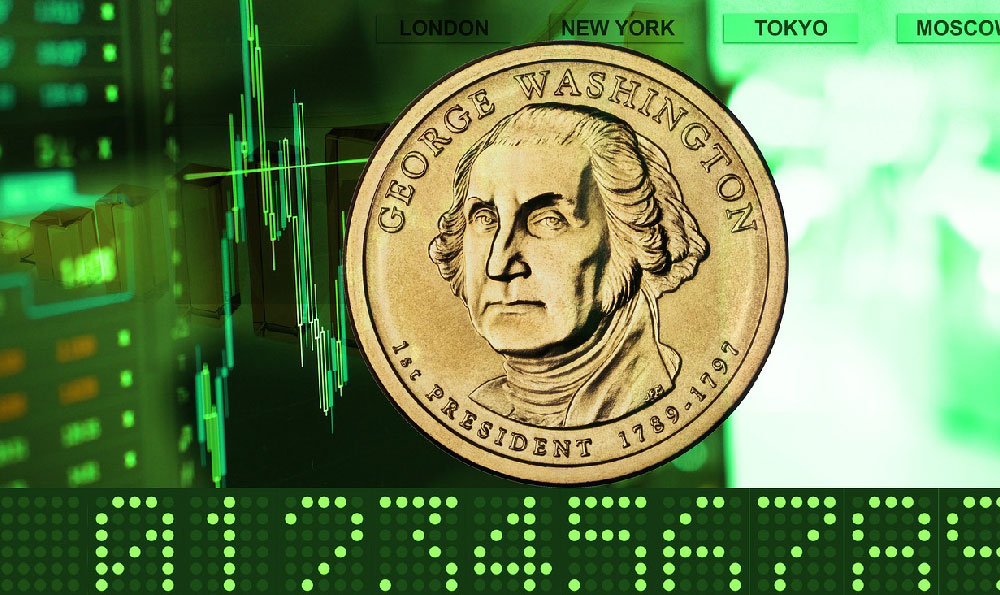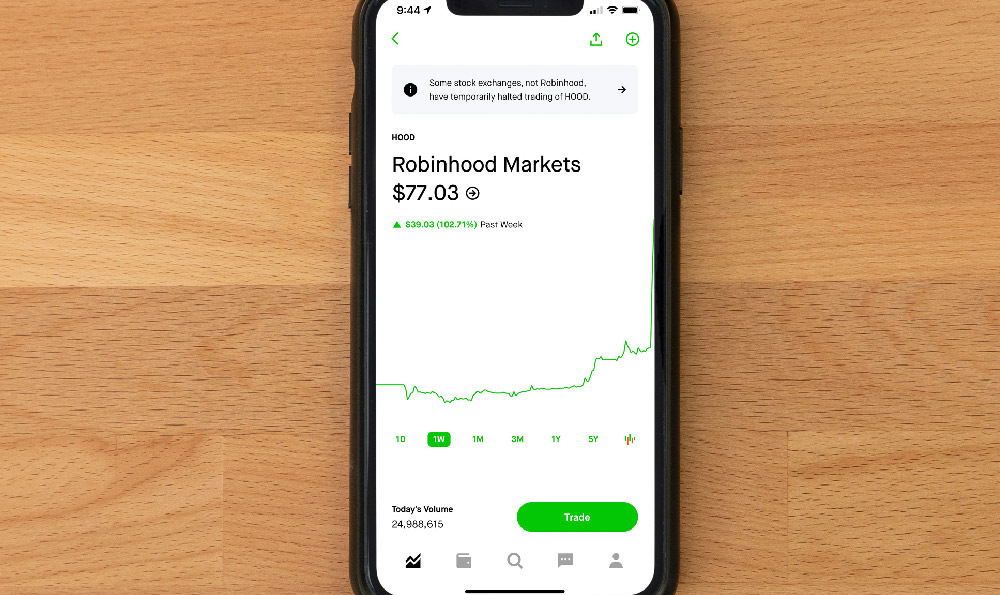The question of whether a president earns money and, if so, how much, is a multifaceted one that extends beyond a simple salary figure. While the core compensation is a matter of public record, the true economic picture of a president’s financial life is more complex and incorporates investments, future earning potential, and the long-term benefits associated with holding the nation's highest office.
The straightforward answer is yes, the president of the United States earns a salary. Officially, the president receives an annual salary of $400,000. This salary is fixed by law, specifically by an act of Congress passed in 1789 and amended several times since. In addition to the salary, the president receives a $50,000 non-taxable expense account, $100,000 for travel expenses, and $19,000 for entertainment. These allowances are intended to cover the costs associated with the office and are separate from the president's personal income. It's crucial to note that the president's salary is subject to income tax, just like any other citizen's earnings.
However, focusing solely on the salary paints an incomplete picture. Prior to entering office, many presidents have accumulated wealth through various means. Some have been successful businesspeople, like Donald Trump, whose real estate and branding empire contributed significantly to his net worth before his presidency. Others have been lawyers, politicians, or academics, earning income through their respective professions. These pre-presidential assets are typically placed in blind trusts or managed by independent financial advisors to avoid conflicts of interest during their term. The effectiveness of these measures is always subject to scrutiny, but the intention is to maintain a separation between personal financial interests and the duties of the office.

Furthermore, a president's earning potential doesn't end when their term concludes. In fact, for many presidents, the post-presidency period represents a significant opportunity for financial gain. One of the primary sources of income for former presidents is through book deals. Memoirs, reflections on their time in office, and even fictional works can command substantial advances and royalties. Bill Clinton, George W. Bush, and Barack Obama, for example, have all authored bestselling books that generated considerable income. These books are often ghostwritten to some degree, but the president's name and story are the primary selling points.
Another lucrative avenue for former presidents is public speaking. Demand for their insights on policy, leadership, and global affairs is high, and they can command significant fees for speeches and appearances. The fees can range from tens of thousands to hundreds of thousands of dollars per speech, depending on the venue, the audience, and the president's perceived relevance. This speaking circuit can provide a substantial income stream for many years after leaving office.
Beyond books and speaking engagements, former presidents often engage in consulting roles, join boards of directors, or establish foundations focused on their policy interests. These activities can also generate income, although the specifics of these arrangements are often less transparent than book deals or speaking fees. Some former presidents have even started their own institutes or centers, which receive funding from donations and grants and provide a platform for them to continue their work in public policy and advocacy.
It's important to consider the long-term benefits that accompany the presidency. Former presidents receive lifetime Secret Service protection, which is a significant security expense borne by the government. They also receive allowances for office space, staff, and travel, which are intended to support their post-presidential activities and responsibilities. These benefits are intended to ensure that former presidents can continue to contribute to public life and maintain a certain level of dignity and security.
While the question of how much a president earns seems straightforward, the reality is much more complex. The $400,000 salary is just one piece of the puzzle. Pre-presidential wealth, post-presidential opportunities like book deals and speaking engagements, and the long-term benefits associated with the office all contribute to the overall financial picture. Understanding these various factors provides a more complete understanding of the economic realities of being, and having been, the president of the United States. Furthermore, the president's influence on economic policy, even indirectly, can impact the financial markets, potentially affecting their personal investments. While safeguards exist to mitigate direct conflicts of interest, the potential for indirect influence remains a subject of ongoing debate and scrutiny. The president's financial life, therefore, is not just a matter of personal income but also a matter of public interest and accountability.












